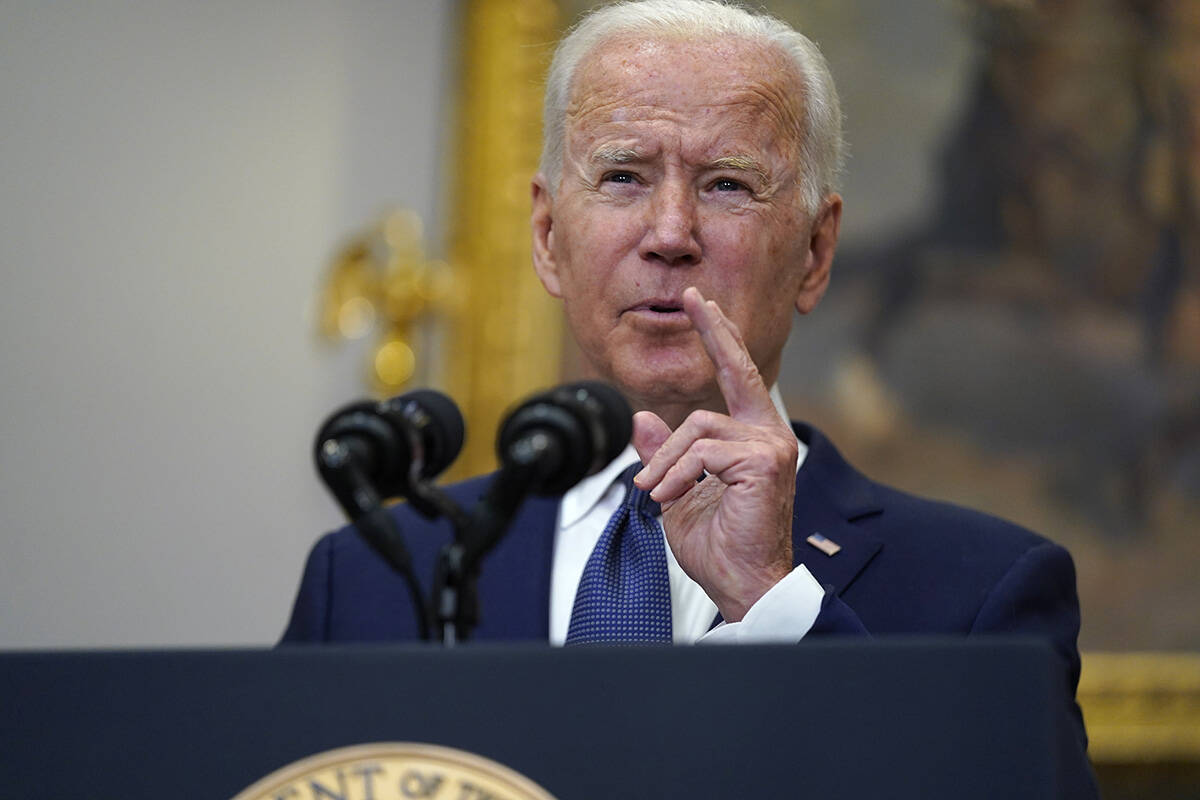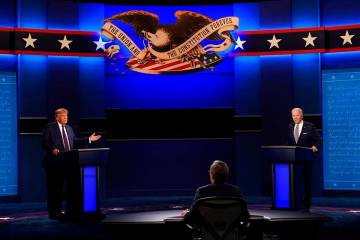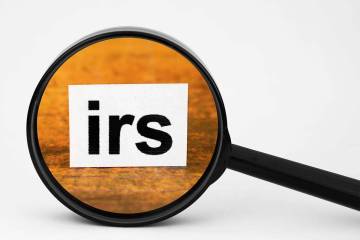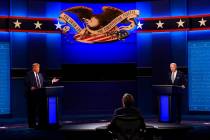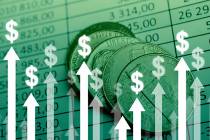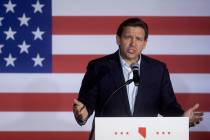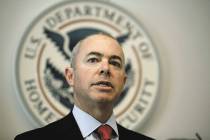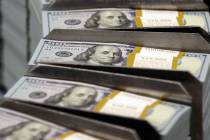EDITORIAL: ‘Build back better’ plan would build weaker economy
There are decades of evidence that the federal government doesn’t spend money as efficiently as the private sector. Sadly, as President Joe Biden’s “Build Back Better” spending plan indicates, this realization seldom — if ever — stops reckless attempts to spend taxpayer money.
According to researchers using the Wharton Budget Model, the president’s plan will severely hamper future economic growth and reduce wage growth in the long term. Mr. Biden and congressional Democrats want to spend roughly $3.5 trillion over the next decade. This spending spree will be financed with enormous tax increases and borrowing up to $1.75 trillion. The budget model is a macroeconomic forecasting project based at the University of Pennsylvania.
The budget model finds this spending package would drop GDP by around 4 percent by 2050. That’s compared to the status quo. The drop would be caused by an estimated 6.1 percent reduction in private capital, defined by the researchers as “computers, equipment, factories, buildings, and other productive assets that are used to produce goods and services.” An increase in government debt of just shy of 9 percent would also be an economic drag.
A bill this large would influence numerous parts of the economy. Compared to straight deficit spending, higher taxes would decrease government debt, “which offsets some of the negative effects on wages and GDP,” the researchers write. The tradeoff is that “higher tax rates on wages discourage households from working.”
In addition, higher spending on public housing and increased Medicare benefits — at the same time entitlement programs are hurtling towards insolvency — will further “reduce households’ incentives to work, which accelerates the decline in GDP.”
This reduction in the labor force, researchers project, will initially boost wages — a 0.7 percent increase by 2030. But a reduction in private investment and a continued decline in labor productivity will result in wages being 2.1 percent lower compared to not passing the bill.
This analysis is based on the framework congressional Democrats put forward a month ago. Within the last few days, they’ve released additional details. That included laying out a long list of tax increases. Democrats are considering hiking the corporate income tax, capital gains tax rate, and personal income taxes for top earners. There will also be other taxes targeting tobacco products and e-cigarettes, cryptocurrencies, and more.
Undoubtedly, these changes will tweak some of the finer points of this projection. But the broad takeaway remains. The federal government already spends too much money. Doubling down on that strategy is a path to a weaker economy and lower wages.



